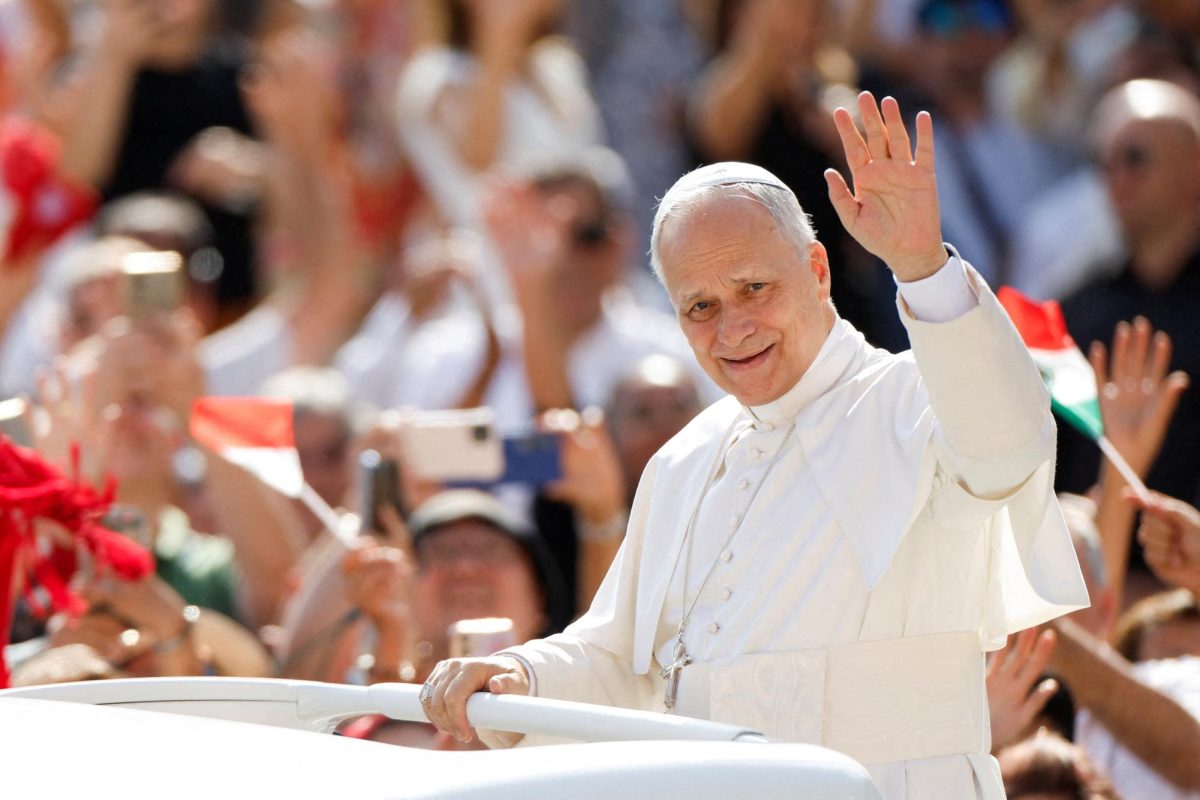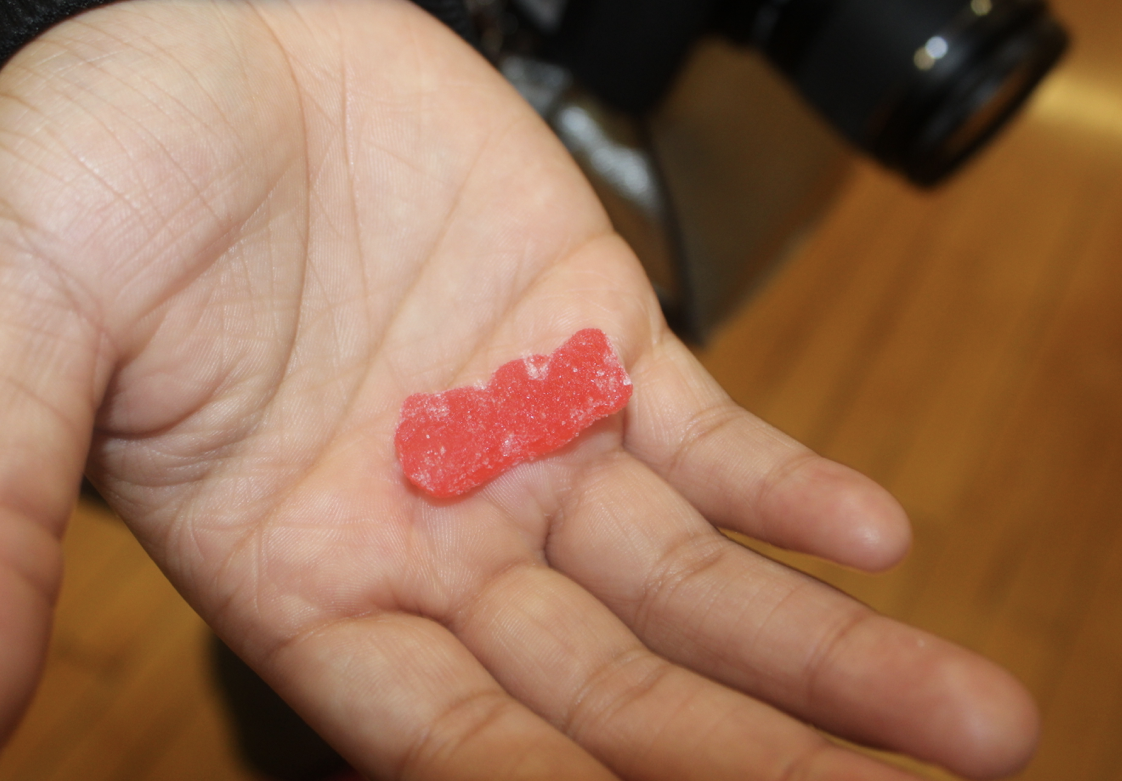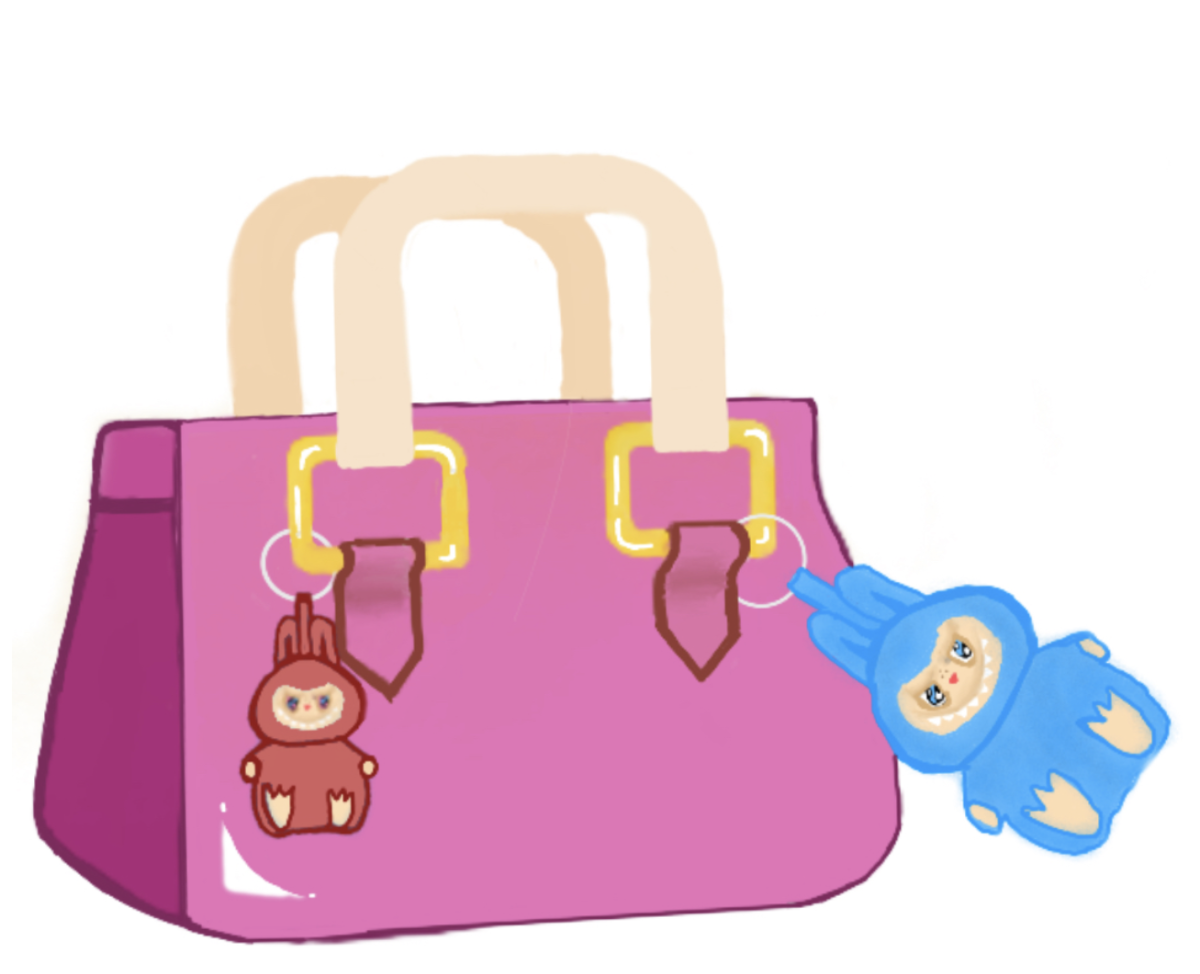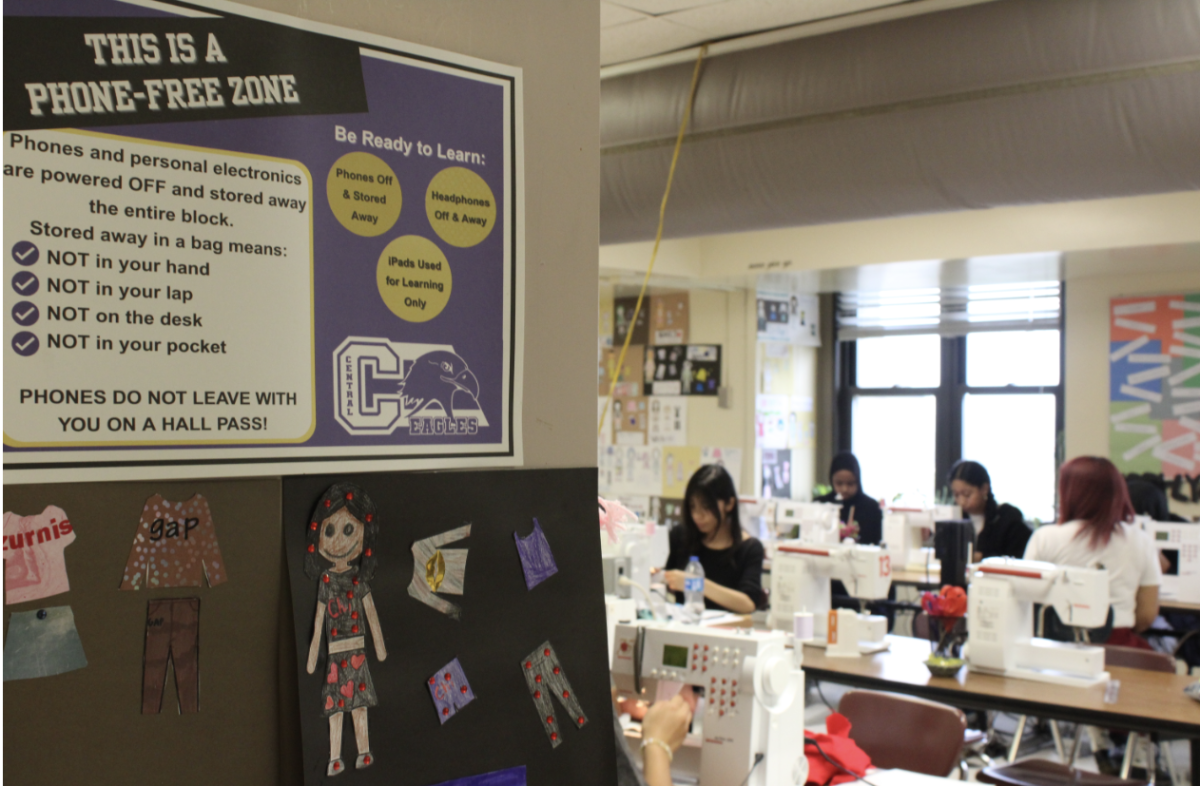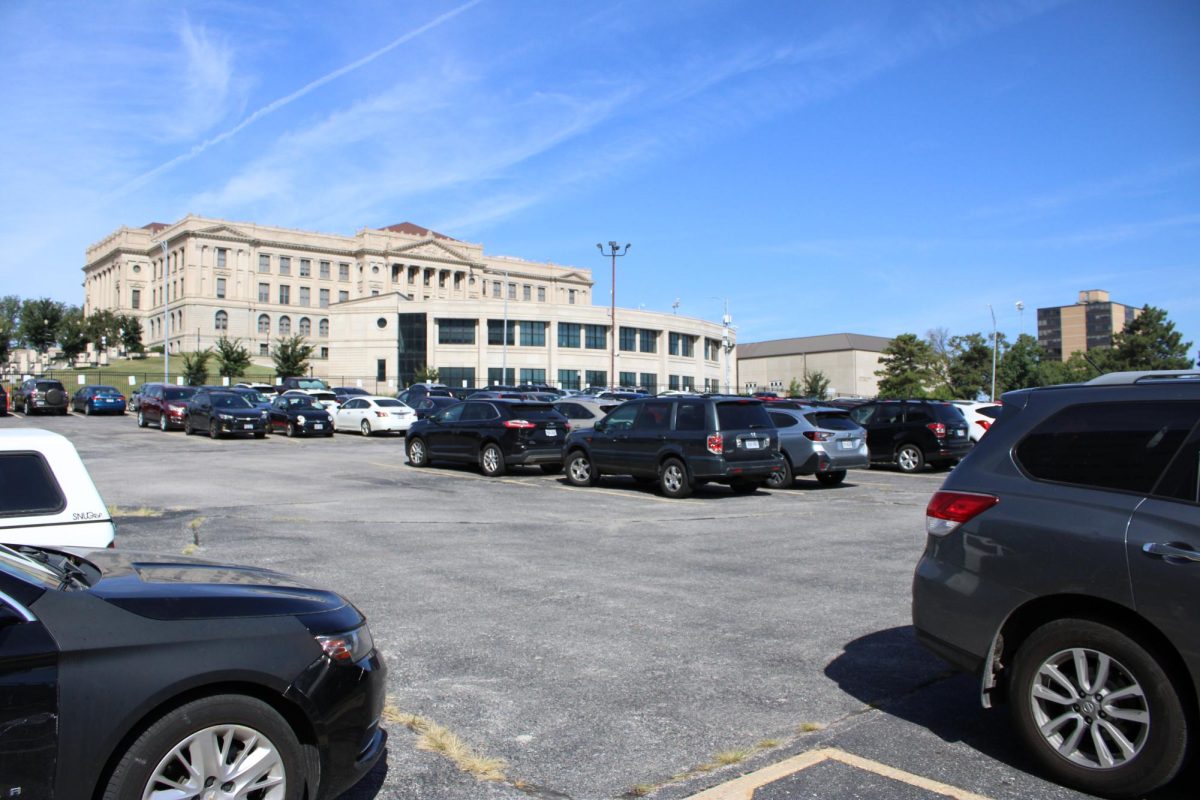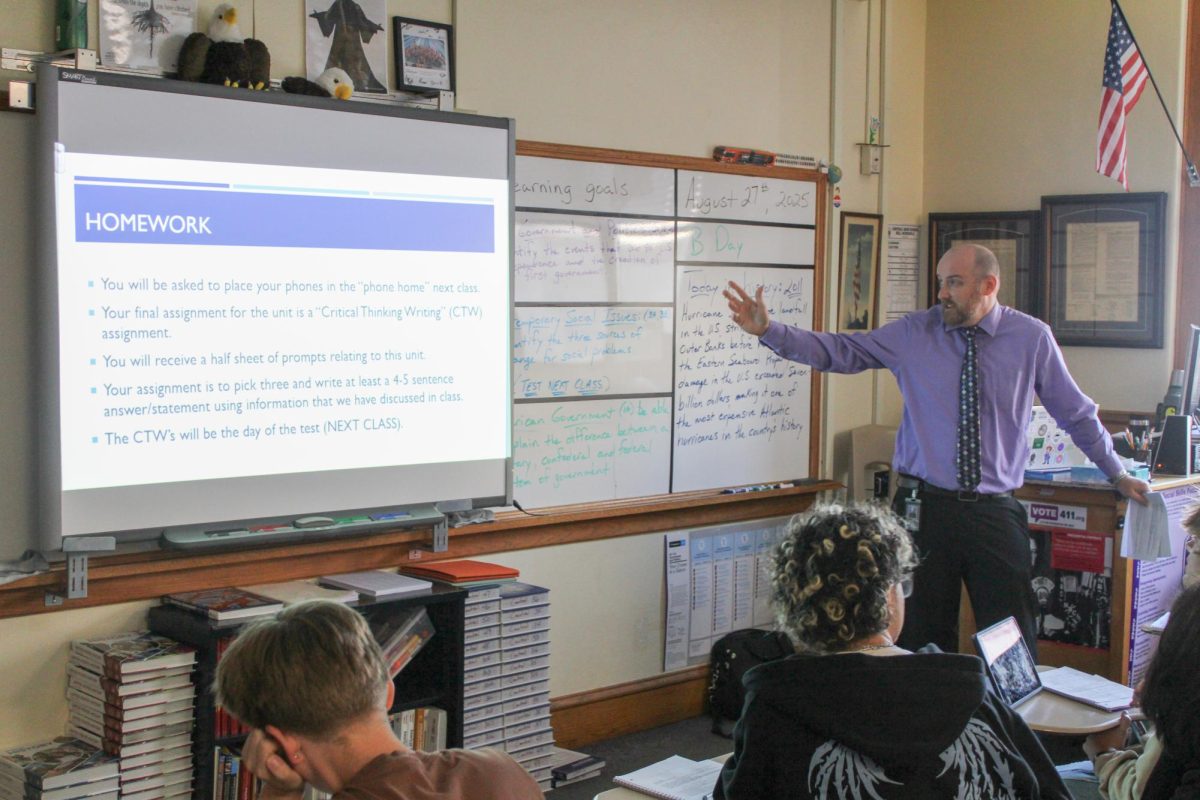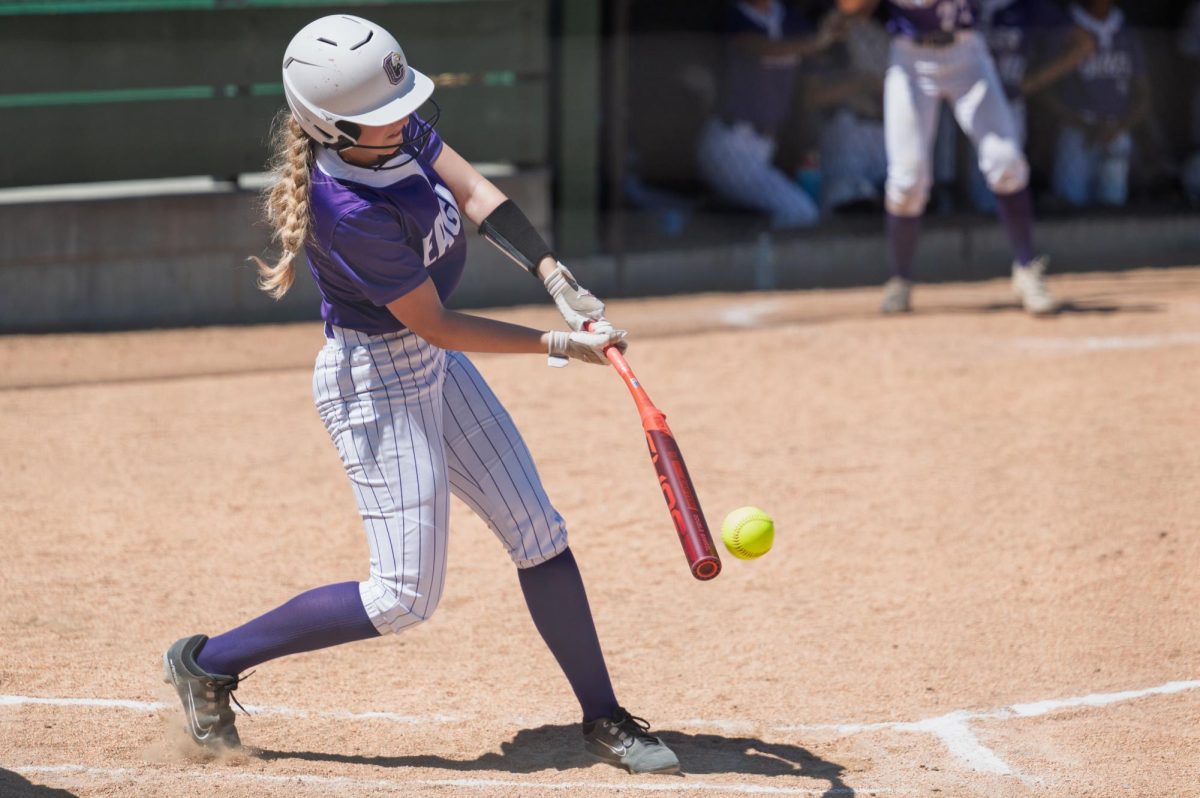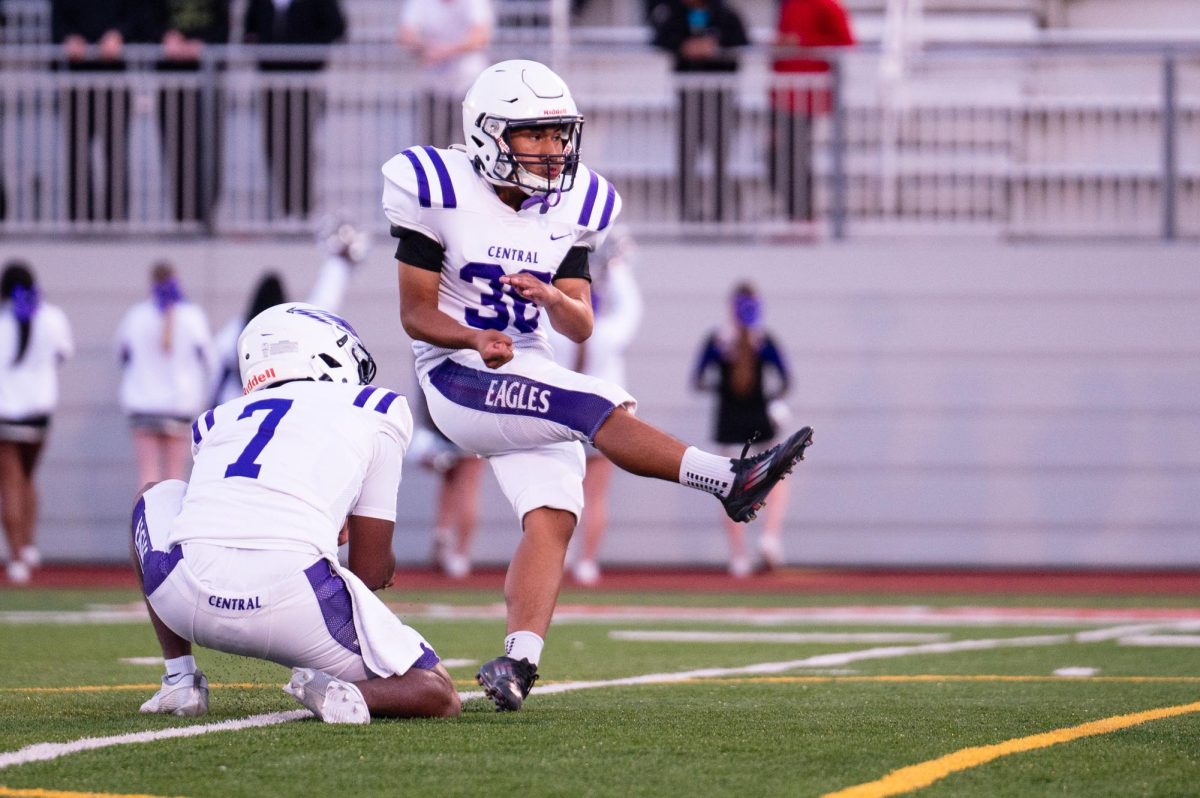It was August of 2022 when I was first introduced into the world of weights. A friend of mine was going to the gym, and I had decided to tag along. He taught me how to bench and deadlift, and I was ecstatic that my numbers had started out so high.
I didn’t know it then, but that day was the gateway to my obsession with weightlifting.
My sophomore year, I took weight training as a class at Central. I began learning proper form and technique. One day we were working on squats when Dennis Baker, my teacher, came over and told me that my form, specifically my depth, was good. He asked me if I had considered trying out for powerlifting.
This thought had never crossed my mind before, even when one of my friends on powerlifting had talked about it with me in previous years. I loved the way lifting made me feel though, and it was one of my first consistent hobbies. I decided to go to the informational meeting, which led me to attend tryouts.
The process was a little intimidating. Seeing people lift so much more than me, even though I knew they’d been doing it for a way longer time than I had, made me a little nervous. Nevertheless, tryouts went smoothly, and seeing my name on the list of those who made the team was worth all the nerves.
The first few weeks were grueling. I was involved in cheer outside of powerlifting, and I had thought I’d known what intense practice was like, but I was wrong. Every day after practice I would be sore, and I’d dread the team auxiliaries, exercises we would do afterward to support our main lifts. My feelings towards it didn’t change until gradually, I wouldn’t be as sore the next day, and I’d come to look forward to 3:20 p.m.
Lifting became one of my priorities, and as my numbers climbed, so did my confidence. One of the main reasons I would join extracurriculars was to improve my self-esteem and get comfortable in a crowd – being able to share my passion with others did that for me. I was able to express my love for lifting with a team while improving myself in the process. I felt healthier, stronger, and happier.
It was maybe half a year into lifting when I had started to experience the negatives that came with it. As I started to gain visible muscle definition, I started to know first-hand what body dysmorphia felt like. There was a small part of me that was thrilled to know I was making measurable progress, and I was proud of how far I had come. But a bigger part of me hated the way I was getting bigger, and it was partially due to the Asian beauty standards drilled into me by my parents from a young age.
They weren’t big fans of me doing powerlifting, much less lifting in the first place. And it is not that they weren’t supportive— they showed up to my state meet— but they were always hesitant with the idea of me doing it, constantly talking about how I could get hurt or how I‘d look bulky as a girl. This messed with me more than I’d like to let on, and some days I didn’t like how I looked. When two contradictory ideas are battling in your head, it’s hard to come to peace with one. To be the slim, feminine girl expected of me from my cultural background or to find solace within the “non-standard” that I had come to love— some days I didn’t know what I wanted.
This continued to be an issue for me when the powerlifting season came to an end and I trained on my own over the summer, especially when I took a trip to Japan for a few weeks, resulting in even more dysmorphia over the fact that I was multiple times the size of all of the other girls. During my first week there I had to buy clothes. Although I was typically a small or medium in the United States, I was an extra-large over there. I came back from the trip to find that I had lost around 12 pounds, and my progress had also been set back significantly. I was able to squat 185 at the end of May, and that number had dropped below 150 in the middle of August. My bench and deadlift had also declined similarly.
Another conflict arose out of this. I liked how I looked now, but I wasn’t as strong. The constant switch between the gratification and insecurity that lifting provided me with was exhausting. Once I was satisfied with my physique, I felt further than ever from my goals. And my goals— they were never-ending. I would never reach contentment because there was always room for improvement.
But this inner turmoil was holding me back. So long as I wanted both things, which were impossible to achieve simultaneously, I’d never make real progress. It was a “one step forward, two steps back” kind of thing.
Going into my second year of powerlifting – yes, I made the team once more – I gained back most of the weight I’d lost. However, my lifting numbers started to climb again once I had started eating right and training hard to make up for my setback over the summer. Slowly, I came to terms with the fact that without fixing my mindset, I’d only be going in circles (I’d rather be lifting them), and so that’s what I did.
I loved lifting— I just had to grow to love the changes that came with it. It was like anything else in life; be open to change, embrace it, and only then would I be able to experience all it has to offer.
Sometimes, it’s still hard for me to look in the mirror and accept the differences in my appearance, and it’s even harder when I’m reminded of my parents’ ideals, which were until recently, the same ones I held. And sometimes, I just have to remind myself that it’s not only the physical differences that matter but the ones I’m making for myself internally and mentally.
I can’t wait to see what life and lifting both have in store for me going forward, and I fully welcome all their unexpected surprises.


